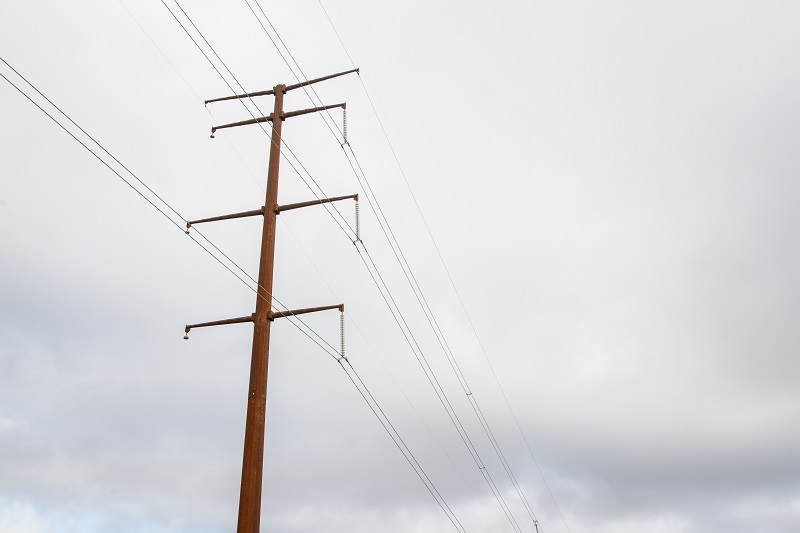Those are the attributes Minnesota cooperative members value most about the electricity that serves their homes, schools and businesses.
That is just one of the discoveries from a recent survey of 800 member-consumers who receive electricity from Great River Energy’s 28 member-owner cooperatives. Great River Energy has conducted this biennial survey since 2008.
“This type of research helps Great River Energy and our member-owner cooperatives better understand the values and expectations of our membership,” said Great River Energy Communications and Marketing Manager Therese LaCanne. “That’s useful information as we craft strategies to better serve members.”
Members indicated they are more concerned about energy affordability than in the past. More than 30% of respondents said their power bills have risen in the past year, while 83% have some concern about future affordability.
Great River Energy asked members their views on environmental topics related to energy, such as renewable energy and carbon emissions. When asked how much of their electricity should come from carbon-free resources, nearly three-quarters of respondents supported targets of 50% or more. The transition to renewable energy is viewed as a good idea by 89% of respondents, an increase from 2016 when 77% held that view.
Climate change is considered a very serious issue by 42% of members, while 48% say it is a concern. Improving water quality was identified as the top environmental priority (25%) by members, followed by encouraging more renewable energy (22%).
Electric cooperatives remain the trusted source of energy information among cooperative members. Members also believe co-ops are best suited to keep electricity reliable and affordable, and lead the transition to clean energy.
 " data-object-fit="cover">
" data-object-fit="cover">
 " data-object-fit="cover">
" data-object-fit="cover">